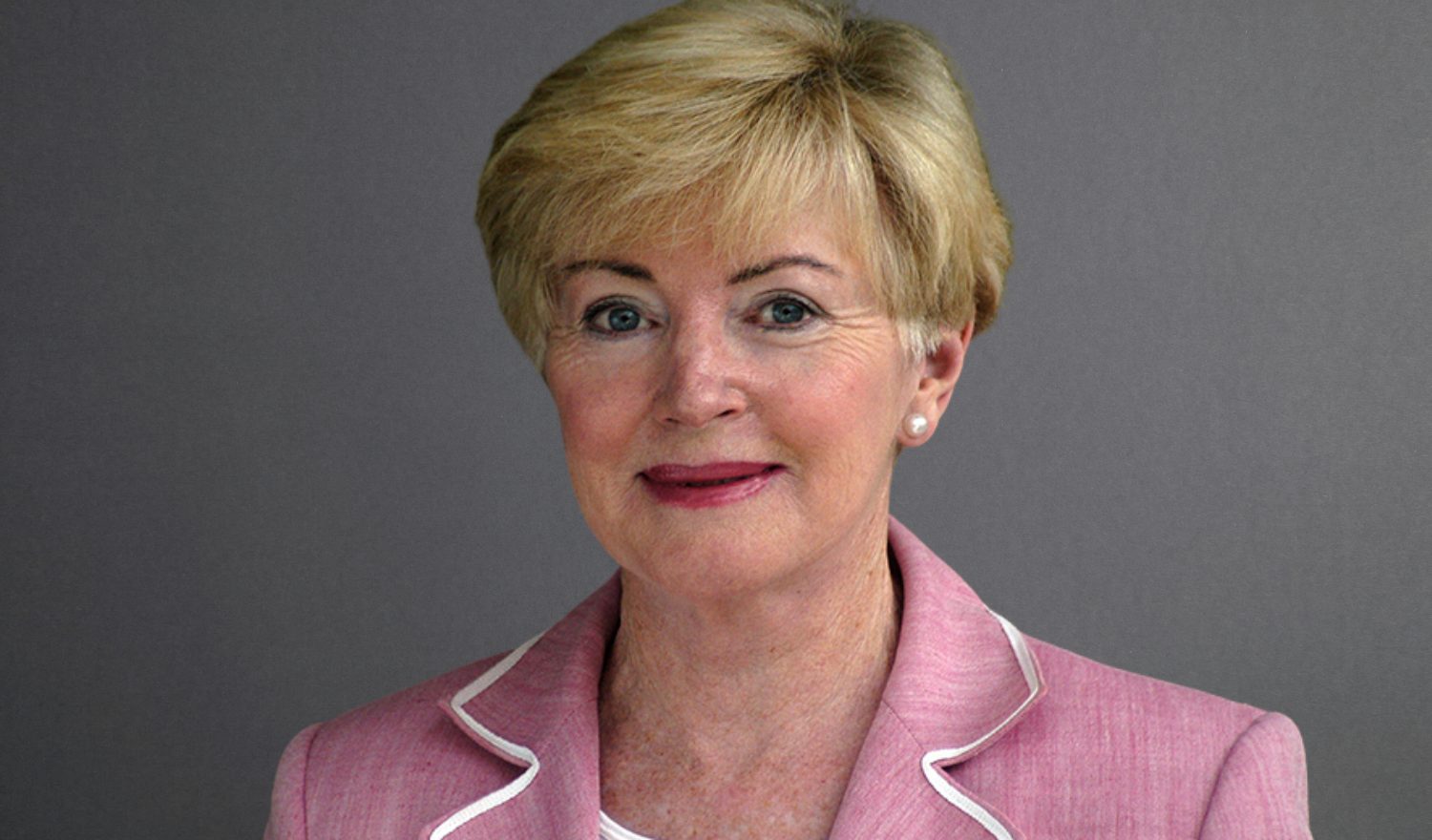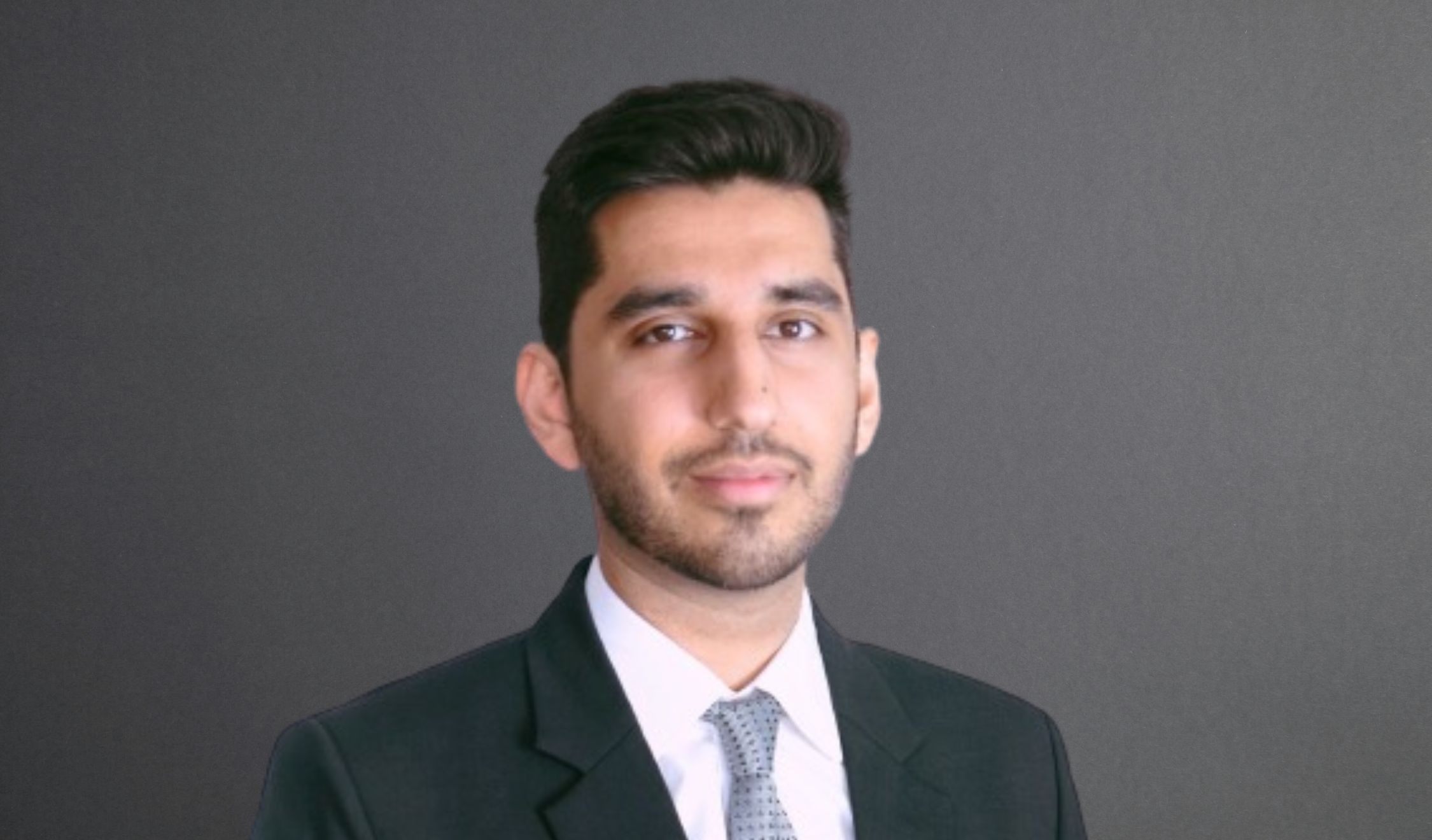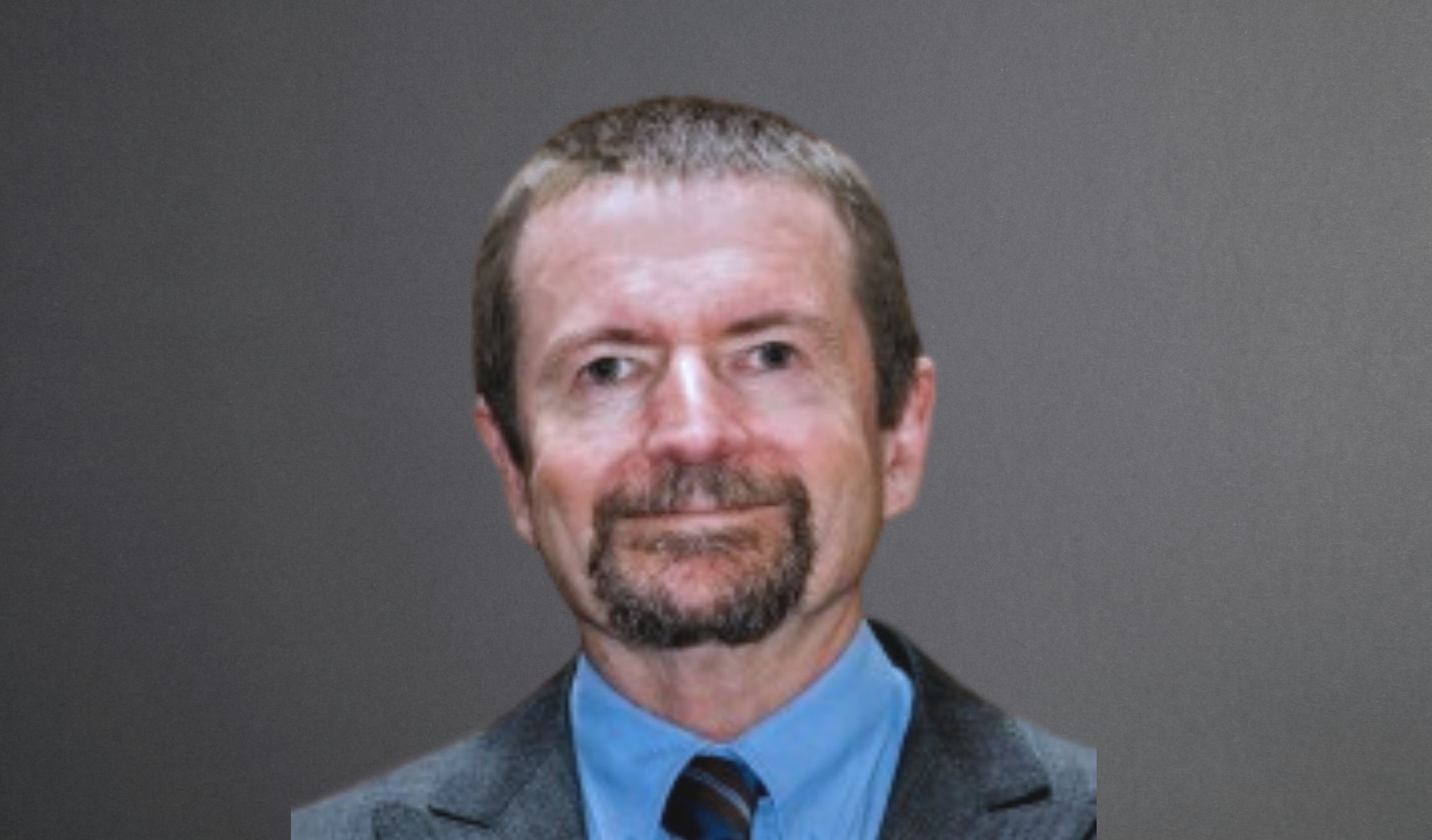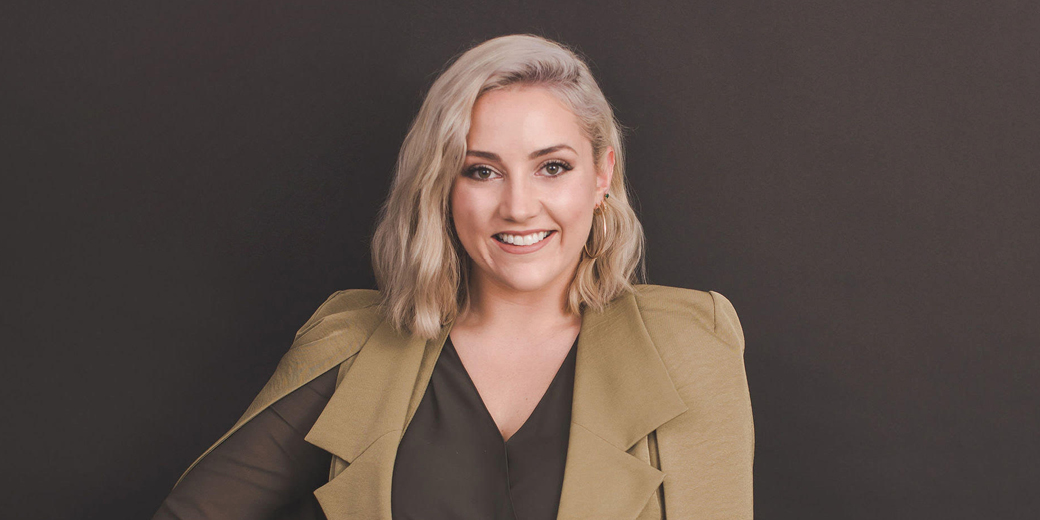Ellie Scarf’s unlikely career began rather conventionally. Fresh from Arts/Law at the University of Western Australia, she joined Minter Ellison as a solicitor for two years, then spent a year as an external recruiter before returning to the firm’s HR (Recruitment) and L&D division.
Ellie followed her passion for understanding what motivated great teams, and their leaders, and is now CEO and Founder of Lucent Global Executive and Team Coaching. Her clients include major multinational law firms and global organisations.
We spoke to Ellie about what her role involves, and what advice she might have for lawyers and leaders keen to hit peak performance.
Executive coach, facilitator, business owner
As CEO of Lucent, Ellie is an executive coach, a facilitator, and a business owner.
“Executive coaching is a very flexible process,” explained Ellie, who works one on one, or in small groups.
“Together, we focus on whatever their priority for coaching might be. Our aim is to get the most out of ourselves in our professional lives. This can be about performance, mindset, how we view ourselves and the world, or about how we operate in complex systems and environments.”
However, it involves more than setting and achieving goals.
“We’re interested in how leaders make meaning of the things that happen in their lives. In addition to setting goals, we explore why these goals matter to leaders. How do we come to a broad perspective to help us be at our best, personally and professionally?”
Coaching is a highly tailored intervention
Ellie often works with leadership teams of partners, or in house legal teams to improve their effectiveness and help them hit peak performance.
“Essentially, coaching is a highly tailored intervention,” explained Ellie. “Sometimes, it's about identifying a particular thing we want to work on; for example, confidence, leadership presence, time management or organisational skills. It can also be a bigger question about who you are, who you are in this position, and how you want to ‘show up’, and how you want to be. This applies to both individuals and teams.”
Ellie also facilitates group workshops, leadership programmes and training sessions focused on culture, development and strategy.
“This could involve a group of leaders, a practice area within a law firm, or an in house legal team,” said Ellie. “Depending on the group, our focus could be on leadership skills development, communication, influencing styles, creativity, or how to work better together as a team or with stakeholders.
Since stepping into executive coaching and facilitation, Ellie has seen her business grow.
“While my passion lies in coaching and facilitation, I’m starting to love the business aspects of my role. As a business owner, up to 80% of your time can be spent on the ‘behind the scenes’ business management work, which has its pros and cons.”
Be flexible to find your purpose
Many in Ellie’s life were initially baffled by her post-law move to recruitment.
“As anyone who has been through law school or worked as a lawyer knows, it's quite a foundational experience,” said Ellie. “You learn a lot in terms of how to think through problems, assess evidence and analyse what you do.”
A key part of what drives her practice is evidence-based coaching.
“This means all our coaching, facilitation and interventions are based on the best scientific evidence available in our space. My legal training really equips me to assess the science, and bring together disparate ideas in a way that makes sense for our clients.”
Reflecting on her career to date, Ellie considers her legal training to be an important part of her journey.
“Though it sounds a bit trite, doing what is not your purpose allows you to find your purpose,” said Ellie. “I learned through the process of being a lawyer that what really ‘lights me up’ is helping individuals and teams flourish.”
Her legal experience also helps her relate to clients.
“I work a lot with lawyers, partners, in house legal teams and GCs,” said Ellie. “I also help with assessment during the partner promotion process, for example, on selection panels. My legal experience sets me up quite uniquely to have these discussions, as you share a language and are well placed to build credibility as a coach.”
Helping others see their possibilities and potential
As a junior lawyer, Ellie’s HR manager observed that she seemed much more interested in training and development than legal practice.
“To be honest, I was always drawn to it,” said Ellie, who, like many junior lawyers, sought counselling to improve her mental health.
“Through this process, I started to think that I could be passionate about this work,” said Ellie. “We don’t always see these possibilities because of our own personalities and histories. Sometimes we need help from others to help us see these options. I realised I wanted to be a person who helped others see possibilities for themselves that they might otherwise miss.”
Indeed, Ellie was driven by a deep curiosity about how we figure ourselves out.
“I wanted to understand what makes people tick, and for that matter, what makes organisations tick!” said Ellie. “What inspires me is empowering individuals and teams to take control of their own development and tackle changes as they arise. Every day is an intellectual challenge, particularly when I’m working with teams in complex environments. Oversimplifying things isn’t helpful; in fact, what we do know is that when we’re dealing with complex situations, our responses must be equally complex.”
A self-described ‘leadership’ nerd, Ellie relishes the opportunity to apply the latest research on systems thinking, organisational change and the vertical development of leaders.
“All of this really lights me up!” enthused Ellie. “I’ve gone from being part of someone else’s business to a one woman show, to being part of a team featuring some of the most capable and clever people I’ve ever worked with,” said Ellie. “This is hugely rewarding because everyone around me is constantly challenging my thinking or expanding my perspectives. It’s a beautiful thing.”



























![How to handle Direct Speech after Gan v Xie [2023] NSWCA 163](https://images4.cmp.optimizely.com/assets/Lawyer+Up+direct+speech+in+drafting+NSW+legislation+OCT232.jpg/Zz1hNDU4YzQyMjQzNzkxMWVmYjFlNGY2ODk3ZWMxNzE0Mw==)




























































